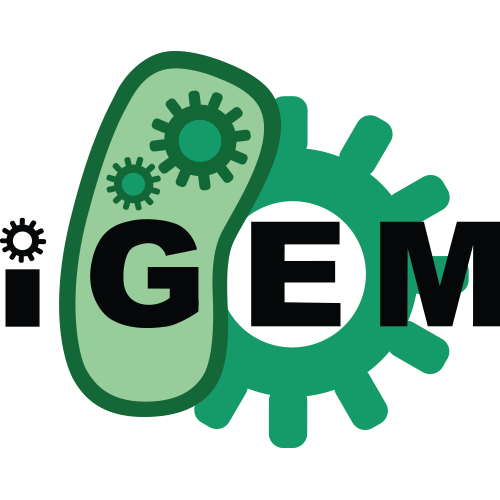Source:
Generated By: https://synbiohub.org/public/igem/igem2sbol/1
Created by: David Ignacio Maycotte Cervantes
Date created: 2011-10-08 11:00:00
Date modified: 2015-05-08 01:12:47
Crxst -> Lock sequence for low concentration mechanism
| Types | DnaRegion |
| Roles | DNA sequence_feature |
Description
This sequence forms part of the group of pieces directed to the expression of concentration mechanism developed by our team ITESM_MEXICO 2011.This part is based in the work of Isaacs and its team for the lock and key mechanism and in the work of the team of British Columbia University of 2009. This DNA sequence acts as a lock for the low arabinose concentration regulation path. In the construct the Pbad strong can activate the expression of the reporter protein GFP, but there is a previous step where there is the first lock (crxst); This first lock inhibits the expression of the reporter protein by joining the RBS and stopping the action of the mRNA polymerase to produce the mRNA and hence the protein.
Crxst its resulting transcripst (crstRNA) blocks the recognition of the RBS by the ribosomal subunit (30s) by a cis system. this interaction prevents the translation of the repressor protein (GFP)
A promoter can give the expression of the reporter gene. After transcription the mRNA shows a Ribosome Binding Site (RBS). The crstRNA is complementary to the RBS and is inserted downstream of the promoter. And upstream the RBS. After transcription a stem-loop is formed at the 5' end of the mRNA, this mRNA blocks the ribosome binding and the translation by cis repression.
